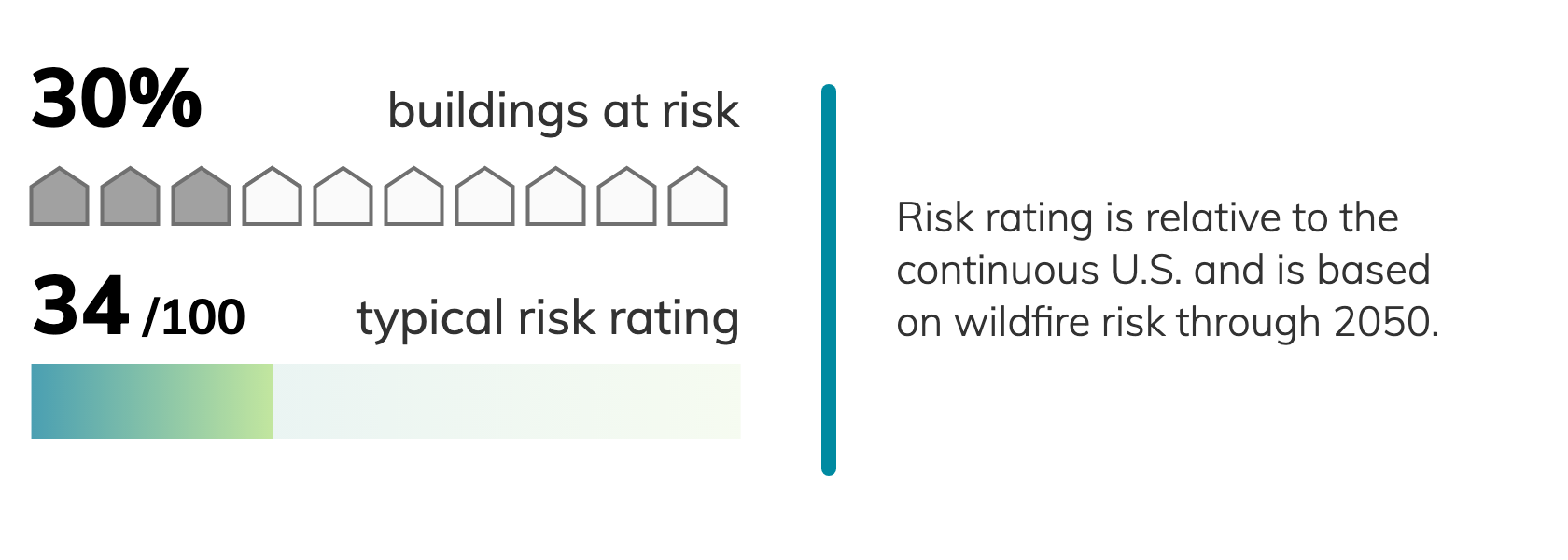5 Do's And Don'ts For Landing A Private Credit Job

Table of Contents
Do's for Securing Your Dream Private Credit Role
1. Master the Fundamentals of Private Credit
A strong foundation in private credit principles is paramount. You need to go beyond surface-level understanding. This involves a deep dive into various private credit strategies, including direct lending, mezzanine financing, distressed debt, and special situations investing. Mastering financial modeling, credit analysis, and valuation techniques specific to private credit is critical. This means being able to build sophisticated models to project cash flows, assess credit risk, and determine the fair value of private credit investments. Furthermore, familiarize yourself with the legal and regulatory frameworks governing private credit investments – a crucial aspect often overlooked.
- Relevant Certifications: Consider pursuing the Chartered Financial Analyst (CFA) charter, the Chartered Alternative Investment Analyst (CAIA) designation, or other relevant certifications to bolster your credentials.
- Courses & Training: Online courses and specialized programs focusing on private credit and alternative investments can provide a valuable boost to your knowledge base.
- Practical Experience: Seek internships or entry-level roles in related areas like financial analysis, credit underwriting, or investment banking to gain practical experience.
2. Network Strategically Within the Private Credit Industry
Networking is not just about collecting business cards; it's about building genuine relationships. Attend industry conferences and events like those hosted by associations such as the Loan Syndications and Trading Association (LSTA) or other relevant industry groups. Actively use LinkedIn to connect with professionals working in private credit firms. Don't hesitate to reach out for informational interviews; these conversations provide invaluable insights and help you build rapport with potential employers.
- Industry Events: Regularly attend conferences, workshops, and networking events focused on private credit, alternative investments, and financial services.
- Online Platforms: Utilize LinkedIn effectively, joining relevant groups and engaging in conversations to increase your visibility and make valuable connections.
- Networking Groups: Consider joining professional organizations related to finance and alternative investments to expand your network and stay updated on industry trends.
3. Tailor Your Resume and Cover Letter to Each Private Credit Opportunity
Generic applications rarely succeed in the competitive private credit job market. Each resume and cover letter must be meticulously tailored to the specific requirements of the job description and the firm's investment strategy. Highlight relevant skills and experience, quantifying your achievements whenever possible. For example, instead of stating "Improved efficiency," say "Increased portfolio yield by 15% through improved underwriting processes." Incorporate keywords from the job description to optimize your application for Applicant Tracking Systems (ATS).
- Quantifiable Achievements: Focus on results. Use numbers and data to demonstrate the impact of your contributions in previous roles.
- Keywords: Carefully analyze the job description and incorporate relevant keywords throughout your resume and cover letter.
- Personalization: Show genuine interest in the specific firm and role by referencing their recent activities and investment strategies.
Don'ts That Can Sabotage Your Private Credit Job Application
1. Neglecting to Research the Firm and the Role
Failing to thoroughly research the target firm and the specific role is a major mistake. Understand the firm's investment strategy, recent transactions, and overall culture. Demonstrate genuine interest in the specific role and how your skills align with their needs. This shows initiative and a proactive approach—highly valued attributes in the private credit industry.
- Firm Websites: Explore the firm's website for insights into their investment philosophy, portfolio companies, and team members.
- PitchBook & Bloomberg: Utilize databases like PitchBook and Bloomberg to research the firm's past transactions and performance.
- LinkedIn: Research the interviewers and team members on LinkedIn to understand their backgrounds and experience.
2. Submitting a Generic Resume and Cover Letter
Reusing the same resume and cover letter for multiple applications demonstrates a lack of effort and professionalism. Each application should be tailored to the specific requirements of the job and the firm. Avoid using generic templates; instead, craft unique documents that highlight your most relevant skills and experiences for each opportunity.
- Targeted Approach: Create separate resumes and cover letters for each application, customizing them to match the specific requirements of each job.
- Proofreading: Thoroughly proofread all application materials to ensure they are free of grammatical errors and typos.
- Formatting: Use a clean and professional format that is easy to read and visually appealing.
3. Ignoring the Importance of the Interview Process
The interview process is your chance to showcase your personality, knowledge, and analytical skills. Practice behavioral interview questions, preparing thoughtful and concise responses. Demonstrate your understanding of core private credit concepts and your ability to analyze complex financial information. Research the interviewers and ask insightful questions that demonstrate your interest and engagement.
- Behavioral Questions: Prepare for common behavioral questions like "Tell me about a time you failed," and "Describe a challenging situation you overcame."
- Technical Questions: Expect questions about financial modeling, credit analysis, valuation, and specific private credit strategies.
- Questions for the Interviewer: Prepare insightful questions to demonstrate your interest and understanding of the firm and the role.
Conclusion
Securing a private credit job requires a strategic and multifaceted approach. By mastering the fundamentals of private credit, networking effectively, and tailoring your applications meticulously, you significantly increase your chances of success. Remember to avoid neglecting research, submitting generic applications, and underestimating the importance of the interview process. Applying these five do's and don'ts will help you navigate the competitive landscape of the private credit job market and land your dream private credit job. To further enhance your prospects, consider subscribing to industry newsletters, joining relevant professional organizations, and continuously expanding your knowledge of private credit and alternative lending. Start implementing these strategies today and take the first step towards a fulfilling career in private credit!

Featured Posts
-
 Russias Aerial Assault On Ukraine Us Peace Plan Amidst Deadly Barrage
Apr 22, 2025
Russias Aerial Assault On Ukraine Us Peace Plan Amidst Deadly Barrage
Apr 22, 2025 -
 Middle Managers The Bridge Between Leadership And Workforce
Apr 22, 2025
Middle Managers The Bridge Between Leadership And Workforce
Apr 22, 2025 -
 Trumps Ukraine Proposal Kyivs Urgent Response Needed
Apr 22, 2025
Trumps Ukraine Proposal Kyivs Urgent Response Needed
Apr 22, 2025 -
 Debate Swirls After Fsu Announces Post Shooting Class Resumption Option
Apr 22, 2025
Debate Swirls After Fsu Announces Post Shooting Class Resumption Option
Apr 22, 2025 -
 Is Betting On Natural Disasters Like The Los Angeles Wildfires The New Normal
Apr 22, 2025
Is Betting On Natural Disasters Like The Los Angeles Wildfires The New Normal
Apr 22, 2025
